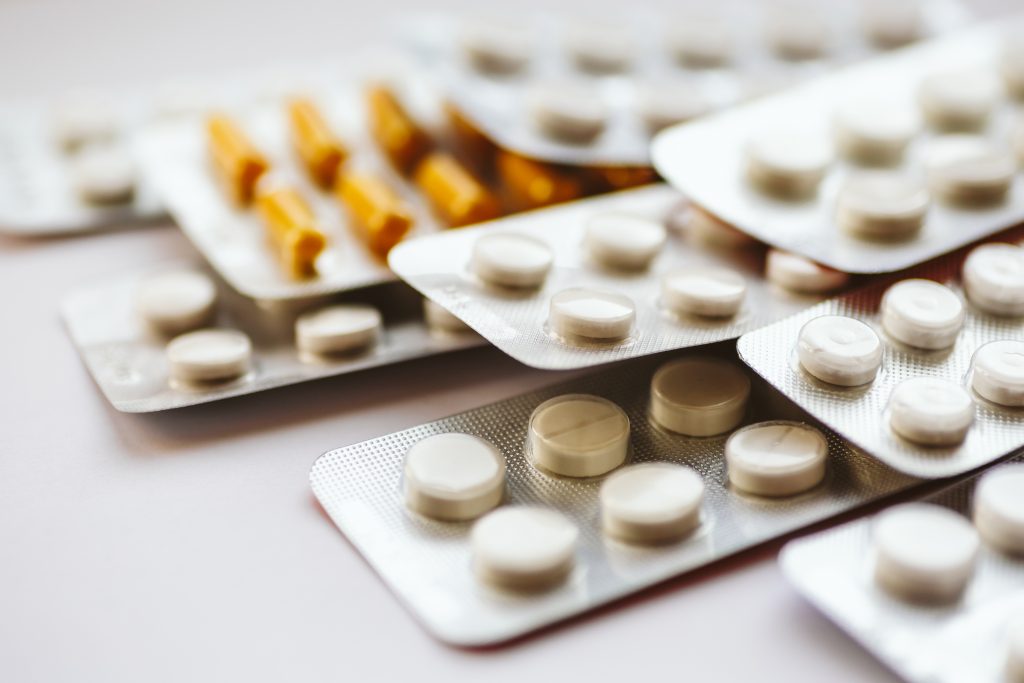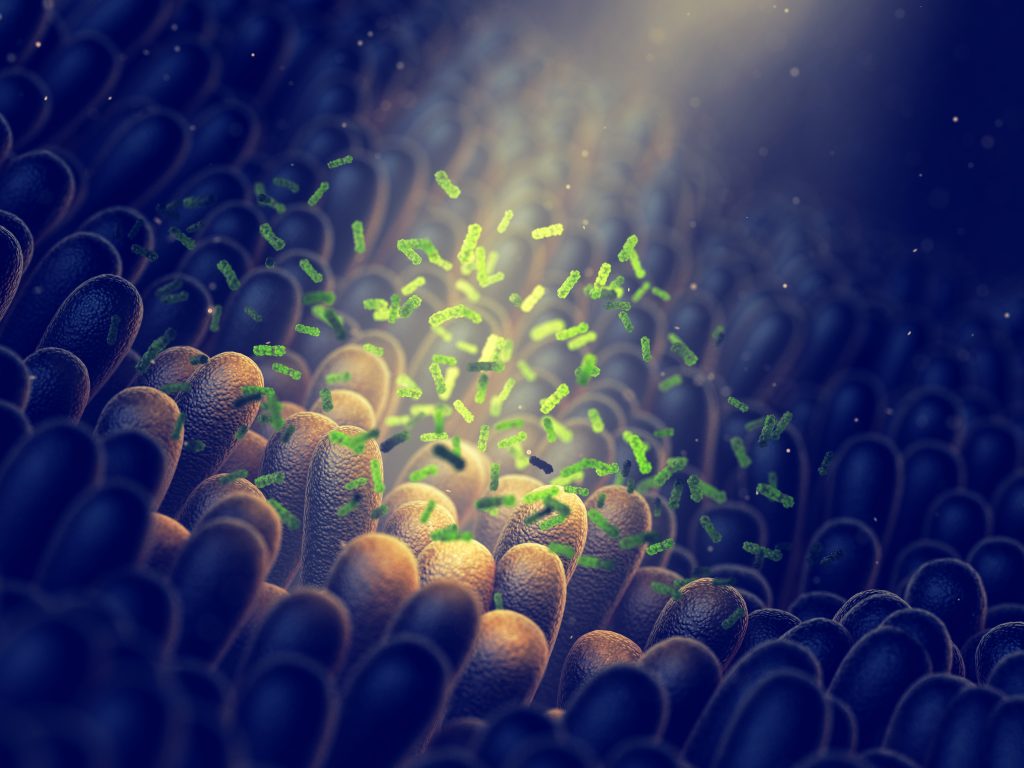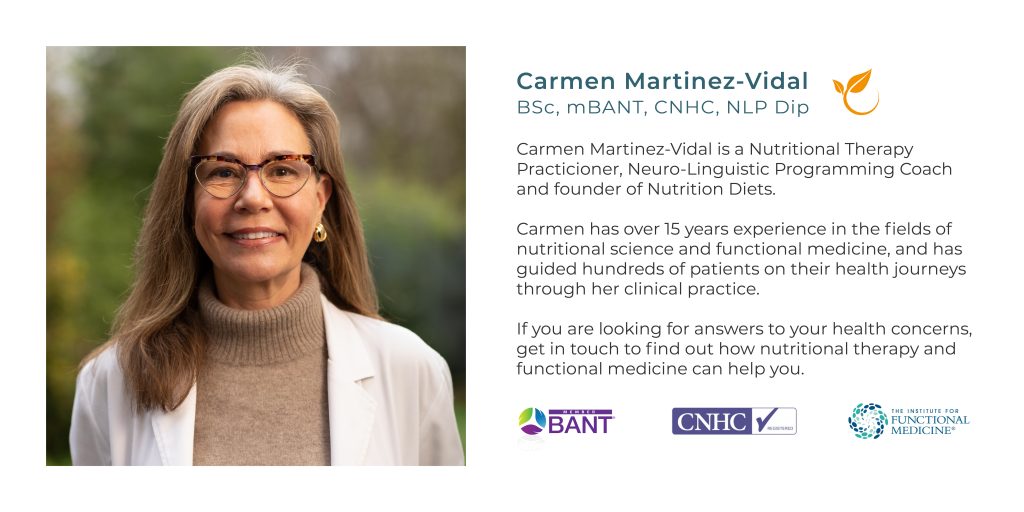ARE THERE SIDE EFFECTS WHEN COMBINING DIETARY SUPPLEMENTS WITH MEDICATION?
As people have become more aware of the benefits of natural food products and nutrition supplements, their increasing popularity can pose a problem for those individuals who use these whilst taking prescription medication. The powerful compounds contained in prescription drugs can react differently in different people according to their individual biochemistry, so understanding the role that food plays in the absorption of these compounds is essential if you are taking medication.
The interaction of natural food products and/or supplements with prescription drugs has become a common problem encountered in clinical practice as many individuals mix prescription medication with foods and supplements, unaware of the impact their diet and lifestyle has on the drug’s efficacy, and oftentimes without the guidance of a health professional who understands the pharmacological implications or side effects of the possible interactions of these substances.
HOW DO NUTRIENTS INTERACT WITH MEDICINE?
In simple terms, a drug interaction is an event during which a substance affects the activity of a drug, i.e. the effects are increased or decreased. This can occur when prescription drugs are combined with other medications, known as drug-drug interaction, or when combined with certain foods, herbs or supplements, known as food-drug interaction.

These combinations can disrupt the drug’s journey through the body, known as pharmacokinetics, affecting its absorption, distribution, metabolism and excretion, as well as the drug’s ability to bind to the receptor in the cell known as pharmacodynamics. The most important principle in pharmacokinetics theory is drug absorption which is defined as the transportation of the unmetabolised drug from the site of administration to the body circulation system.
The powerful compounds contained in prescription drugs can react differently in different people according to their individual biochemistry, and understanding the role that food plays in the absorption of these compounds is essential when taking medication.
THE GUT-LIVER AXIS: DOES FOOD AFFECT MEDICATION ABSORPTION & ELIMINATION?
Medicines are designed to treat and cure myriad health problems, however, they must be taken properly to ensure that they are safe and effective. The effect of certain foods on a drug can result in a reduction in the drug’s bioavailability, altering drug clearance and acting as a gut barrier that prevents medicines from being properly absorbed into the bloodstream and thus reducing their absorption and efficacy. In addition, the physiological response to food intake, in particular gastric acid secretion (stomach pH) can reduce or increase the bioavailability of certain drugs.
Besides gastric secretion response to foods, it is also important to know the role of the hundreds of different species of bacteria found in the gut, knowns as the microbiome, which are important in maintaining health and preventing disease.
The human microbiome is the sum total of all the microbes – bacteria, fungi, protozoa and viruses – that live on and inside the human body. The majority of these live in the gut, particularly in the large intestine, so maintaining good gut health is essential, not to mention approximately 70% of the immune system is located there.

A recent study by the Medical Research Council (MRC) Toxicology Unit at the University of Cambridge and the European Molecular Biology Laboratory (EMBL) in Germany shows how certain species of gut bacteria can accumulate drugs, chemically modifying them, altering bacterial function and potentially reducing the effectiveness of the drug.
Furthermore, accumulation can reduce the availability of the drug to the body. On the other hand, medications such as antibiotics are well known for their effective use in treating bacterial infections by eliminating pathogenic bacteria at the cost of also eliminating beneficial bacteria with detrimental health consequences. Commonly used drugs such as proton pump inhibitors (PPI’s), metformin, laxatives and re-uptake inhibitors influence gut microbiome composition and function.
WHY GRAPEFRUIT IS NOT RECOMMENDED WHEN TAKING MEDICATION
Grapefruit is the most well-known example of food-drug interactions. It has high interaction with almost all types of drugs (93 interactions) shown in the British National Formulary. Studies show that the juice modifies the body’s way of metabolising medication, affecting the liver’s ability to work the drug through a person’s system as it contains agents that inhibit cytochrome P450 (CYP’s). In most cases grapefruit juice increases the time the drug stays in your body.

Cytochromes P450 (CYPs) are a superfamily of enzymes necessary for the detoxification of foreign chemicals and the metabolism of approximately 80% of drugs. As the main organ of elimination, the liver needs to be well supported when taking medication, particularly for patients who have been heavily prescribed over the years or who are suffering from chronic conditions.
Whilst we know that certain foods, herbs and nutrition supplements can prevent certain medicines from being absorbed and reduce their effectiveness, it is also important to consider the state of your gut and liver health when taking medication as studies show how certain gut bacteria can chemically modify some drugs and, your liver, as the main organ of detoxification, works really hard on a daily basis to keep your body free from toxins by eliminating drugs, hormone metabolites and environmental toxins.
WHAT FOODS INTERFERE WITH MEDICATIONS?
The most common medications and foods/drinks that could create a problematic pairing are:
- Dairy and certain antibiotics
- Leafy greens and warfarin
- Cured meats, soy, other tyramine-containing foods, plus MAOIs
- Grapefruit and cholesterol-lowering drugs
The study of drug-drug, food-drug, and herb-drug interactions as well as genetic factors affecting pharmacokinetics and pharmacodynamics is expected to improve drug safety and will enable individualised drug therapy in years to come. Drugs can show their efficacy only if administered in appropriate quantity, with the appropriate combination of drugs and foods and at the appropriate time so seeking advice and support from a doctor or nutritional therapy practitioner is essential when taking medication and self supplementing.
Your Health. Your Choice.
For more information or guidance on mixing supplementation with medication don’t hesitate to get in touch to see how we can support you on your journey to restoring your health and feeling your best.
